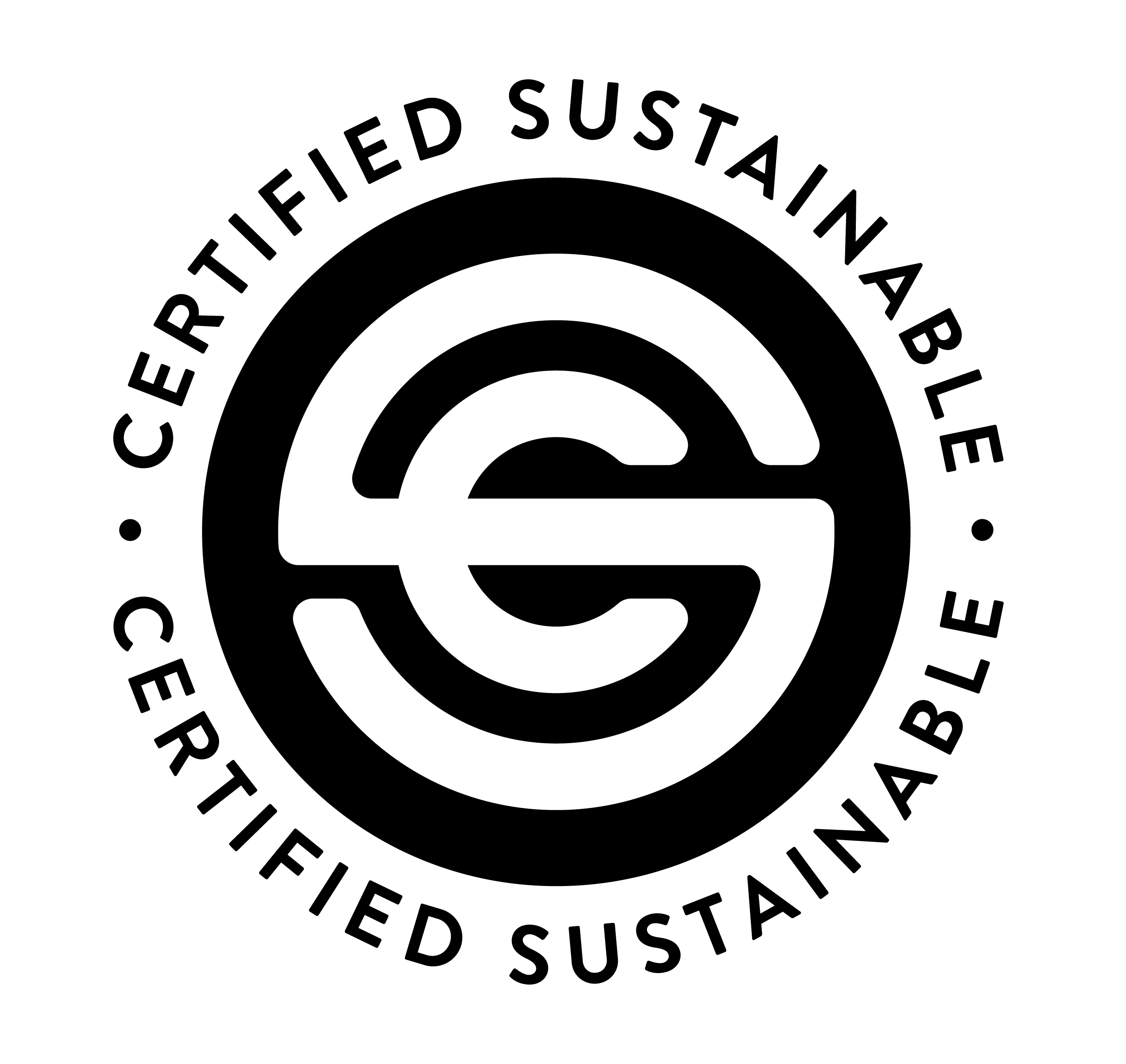Certified Sustainable
Certified Sustainable was founded in 2014 by a group of passionate farmers who set out to rebuild soil health and improve the natural environment and ecosystem. Building on extensive experience in the agricultural sector, the standard can now be applied to other industries including processing, finance and retail.
Certified Sustainable independently validates and verifies real Environment, Social and Governance (ESG) achievements.
Environment: GHG Emissions Reduction, Waste Reduction, Recycling, Biodiversity Conservation, Logistics, Climate Resilience Action, Supply Chain Sustainability, NPD & Innovation
Social: Diversity and Inclusion, Employee Well-being, Labor Practices and Human Rights, Staff Training and Development, Community Engagement, Philanthropy and Social Impact, Ethical Sourcing & Supply Chain, Community Health and Safety
Governance: Board Composition, Independence, Executive Compensation, Shareholder Rights & Engagement, Risk Management and Disclosure, Audit and Internal Controls, Laws & Regulations Compliance, Data Privacy and Cybersecurity, Anti-Corruption & Bribery

Alignment with the Sustainable development agenda 2030
The Certified Sustainable Standard is consistent with UN Sustainable Development Goals, which have been broadly adopted to manage reporting and value creation for organisations.
The Standard is applicable to the processes involved in any industry - making it a certification of universal application.
The Certified Sustainable Standard consists of three modules: Producer, Processor and Services
Producer Standard (Including livestock)
Regenerative Farming
Certified Growers to undertake at least ten regenerative farming practices to improve soil stability, water cycles, and climate outcomes.
Common examples: Reduced Synthetic Inputs, Low Tillage, Nil Reportable Chemical Residues, Ground Cover (min 30%), Crop Rotations, Non-GMO
Processor standard Supporting Sustainable Farmers
The retail or end products must contain at least 70% Certified Sustainable ingredients (excl. water, salt, minerals), increasing the number of regenerative and sustainable farmers in Aust.
Nil Synthetic or GMO Additives
All ingredients in food and beverages produced must be from natural sources and Non-GMO.
>70% Certified Sustainable ingredients or natural (approved).
Services Standard
Environment Preservation and Enhancement
Through selection of inputs, equipment and systems based on energy use, lower emissions, minimise waste and management, enhance biodiversity, and reduce air and water pollution.
Positive Community and Social Impacts
Supporting local communities, prioritising health (including mental) and safety, equal opportunity and cultural heritage.
You can access the Standards here.
If you want to apply for this Standard please get in touch with info@aco.net.au and we are happy to send an information kit including application forms that need to be filled in.
